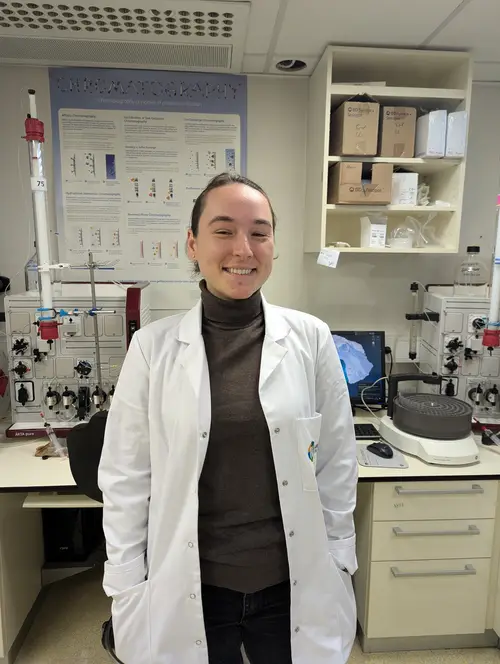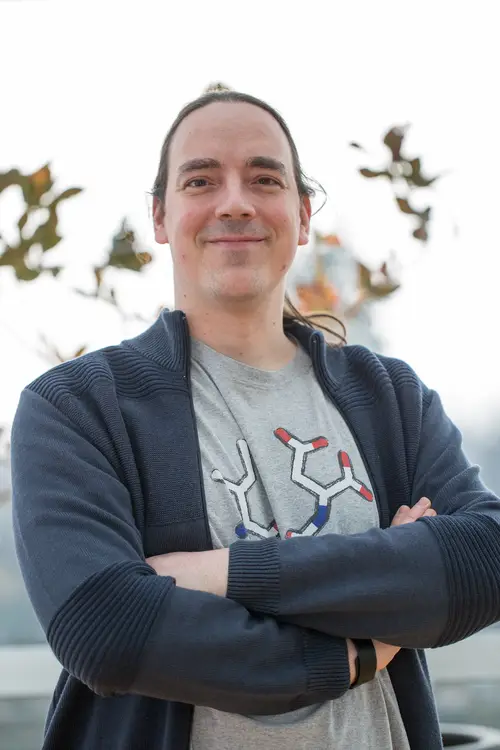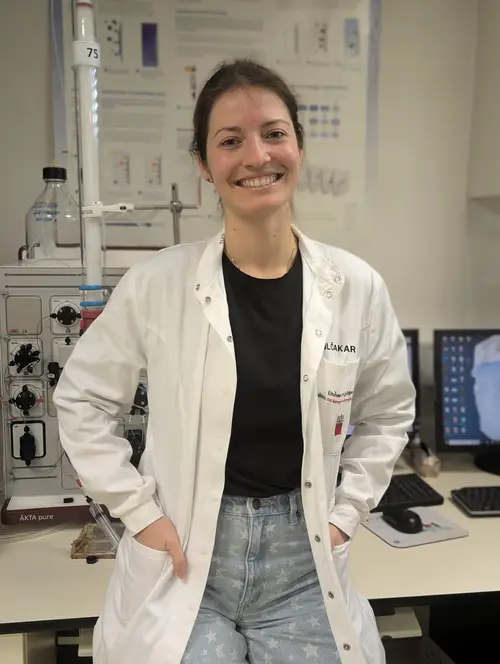Random walker
Proteins are nature’s nano-robots, catalysing reactions, recognising molecules, and transporting cargo. Biomimetic nanomachines have great potential in many fields including precision medicine, therapeutic agents, nanomaterials, and sensors, however use is limited by inadequate stability of natural protein components. De novo designed proteins are hyper-stable and can achieve shapes and properties not found in nature.
CC-WALK aims to build a foundation for the next grand challenge in protein design: creating dynamic protein assemblies that have several states and/or perform functions such as motion. Combining protein engineering, computational modelling and wet-lab experiments, CC-WALK will design proteins capable of walking along a designed protein track. Natural proteins are difficult to modify, since they have evolved for a specific purpose. They usually have low thermal stability and expression.
The CC-WALK system is comprised of completely de-novo designed proteins that are hyper-thermo stable and have high expression. All components are genetically encodable, potentially enabling the designed walker to self-assemble and function in living cells. CC-WALK will pave the way towards designed nanorobots and produce useful intermediate results (novel method of rigid fusion, large oligomers), that will have a high impact on protein design and our future technology.
N1-0323 A random walker made of coiled helices and newly designed proteins, 2023-2025, Cofunded by Slovenian Research and Innovation Agency (ARIS)



